How Does Anaerobic Digestion Develop National Energy Security?
In the contemporary energy landscape, Anaerobic Digestion (AD) emerges not just as a technology for waste management and renewable energy production but as a strategic asset in enhancing national energy security. This blog post explores how anaerobic digestion contributes to energy independence, sustainability, and the broader goals of national energy security.
The Role of Anaerobic Digestion in National Energy Security
National energy security is about ensuring a reliable supply of energy at affordable prices. Anaerobic digestion contributes to this goal in several ways:
Reducing Dependence on Imported Fuels
By converting organic waste, including food waste and agricultural residues, into biogas, anaerobic digestion reduces the reliance on imported fossil fuels, thereby enhancing national energy independence.
Contributing to a Diverse Energy Mix
Anaerobic digestion adds to the diversity of the energy mix. The biogas produced can be used for electricity generation, heating, and as a transport fuel, providing flexibility and resilience to the energy system.
Anaerobic Digestion and Sustainable Energy Production
Sustainability is a core component of national energy security. Anaerobic digestion aligns with sustainable energy production in numerous ways.
Reducing Greenhouse Gas Emissions
Anaerobic digestion captures methane, a potent greenhouse gas, and converts it into biogas. By preventing methane emissions from organic waste and replacing fossil fuels with biogas, anaerobic digestion significantly reduces greenhouse gas emissions.
Promoting Circular Economy
The digestate produced in the anaerobic digestion process is a valuable fertilizer, returning nutrients back to the soil and promoting a circular economy. This not only reduces waste but also cuts the environmental footprint of chemical fertilizers.
Anaerobic Digestion in the UK’s Energy Strategy
The UK acknowledges the importance of anaerobic digestion in its energy strategy, recognizing it as a key player in achieving renewable energy targets and reducing carbon emissions.
Anaerobic Digestion Plants Across the UK
There are numerous anaerobic digestion plants across the UK, treating organic waste from municipal, agricultural, and industrial sources. These plants are pivotal in the UK's efforts to manage waste sustainably and produce renewable energy.
Policy Support and Future Growth
The UK government supports the growth of the anaerobic digestion sector through various incentives and policies. This support, coupled with ongoing advancements in anaerobic digestion technology, is set to propel the industry's growth and its contribution to national energy security.
The Future of Anaerobic Digestion
As the world moves towards a more sustainable and secure energy future, the role of anaerobic digestion is expected to grow. With its ability to provide renewable energy, manage waste sustainably, and contribute to circular economy principles, anaerobic digestion is poised to be a cornerstone in the future energy landscape.
Conclusion
Anaerobic Digestion is more than a technology; it's a pathway to national energy security, sustainability, and resilience. By embracing and optimizing anaerobic digestion, nations can secure a more sustainable, independent, and secure energy future, aligning with environmental goals and economic stability.
